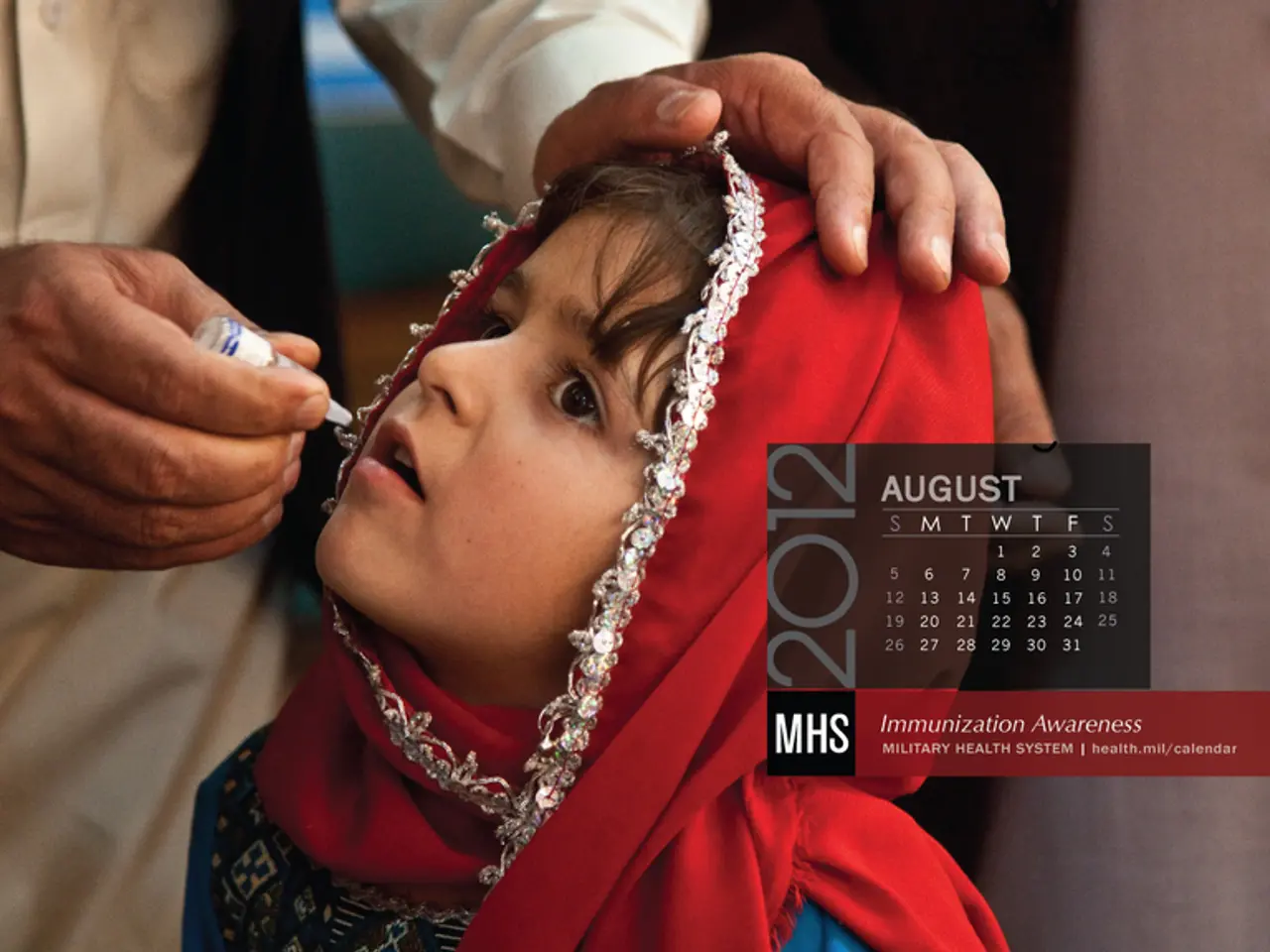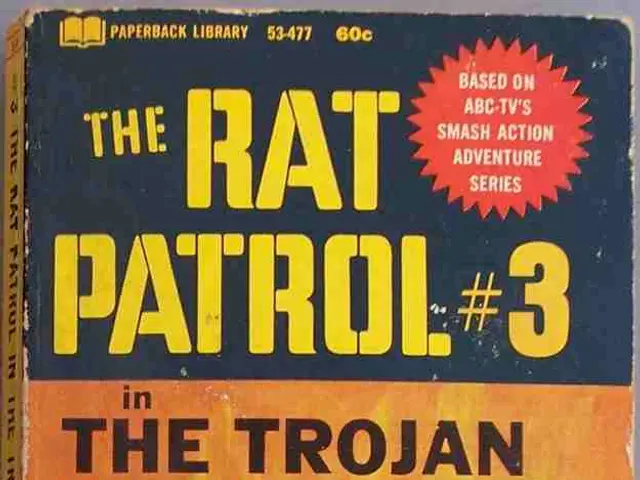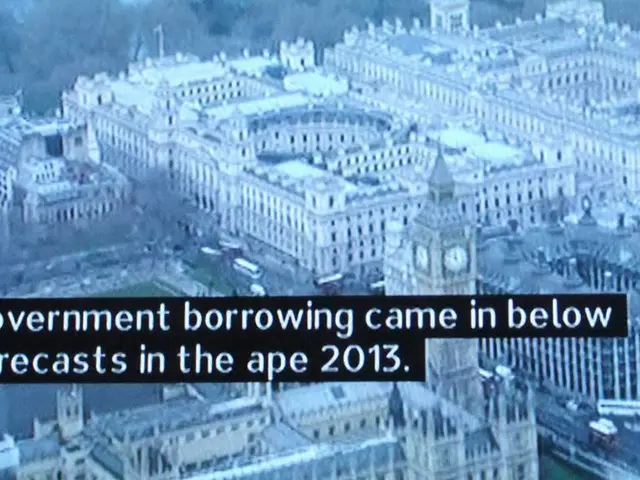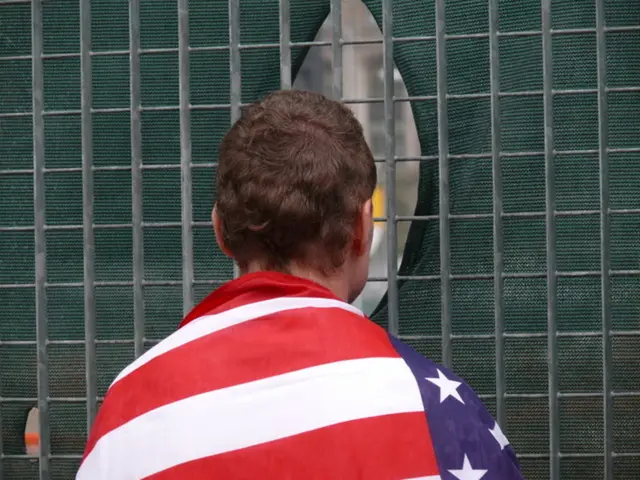Ex-U.S. Chief of Staff Issues Alert Regarding Revival of Measles and Related Diseases
In a troubling turn of events, the Centers for Disease Control and Prevention (CDC) in Atlanta has been at the centre of controversy since the appointment of Robert F. Kennedy Jr. as Health Minister. Kennedy's vaccine scepticism and accusations of spreading misinformation have raised eyebrows, particularly in the wake of a significant measles outbreak and concerns about a potential resurgence of preventable diseases.
The controversy began when Susan Monarez, who was appointed CDC director by President Donald Trump and confirmed by the Senate, resigned from her position after just 29 days. Monarez claimed she was pushed out due to a loss of integrity, refusing to ignore scientific standards and approve vaccination recommendations without review.
Her departure was followed by Kennedy's appointment of his deputy, Jim O'Neill, as the interim head of the CDC. This move was met with criticism, particularly given Monarez's warning about changes in vaccination recommendations and measures during a congressional hearing.
The country has recently experienced the largest measles outbreak in over 30 years, resulting in two child deaths. The former CDC director, Debra Houry, who resigned due to ethical concerns, accused Kennedy of censoring scientific work, politicizing decision-making processes, and depriving professionals of their independence.
The attack on the CDC headquarters in Atlanta in early August was driven by anti-vaccination sentiment, highlighting the seriousness of the situation. The incident further underscored the importance of maintaining scientific standards and independence in public health decision-making.
The controversy surrounding Kennedy's leadership at the CDC has also led to a chilling effect, with many experts afraid to speak publicly about vaccinations or remove their names from academic articles due to fear. This silence is concerning, as it hinders open discussion and debate about a critical public health issue.
Monarez's warning about a potential resurgence of preventable diseases like polio, measles, diphtheria, and whooping cough in the United States is a stark reminder of the potential consequences of vaccine scepticism and misinformation. The country has already seen the devastating impact of the measles outbreak, and further outbreaks could have catastrophic consequences.
As the situation continues to unfold, it is crucial that scientific standards are upheld, and public health decision-making remains independent and unbiased. The health and safety of the American public depend on it.
Read also:
- Kamala Harris announces her ongoing political plans-for the present time
- Essential Predictive Analytics Models for Successful Political Campaigns to Familiarize Yourself With
- Could the Winning Chances of 'Radical' Politicians Be Realized?
- Majority of American Scientists Pondering Expatriation, Poll Indicates








